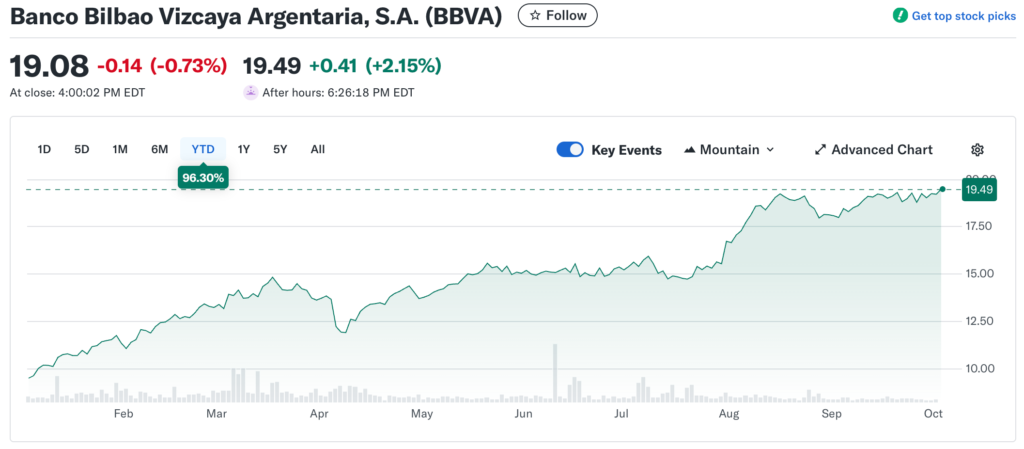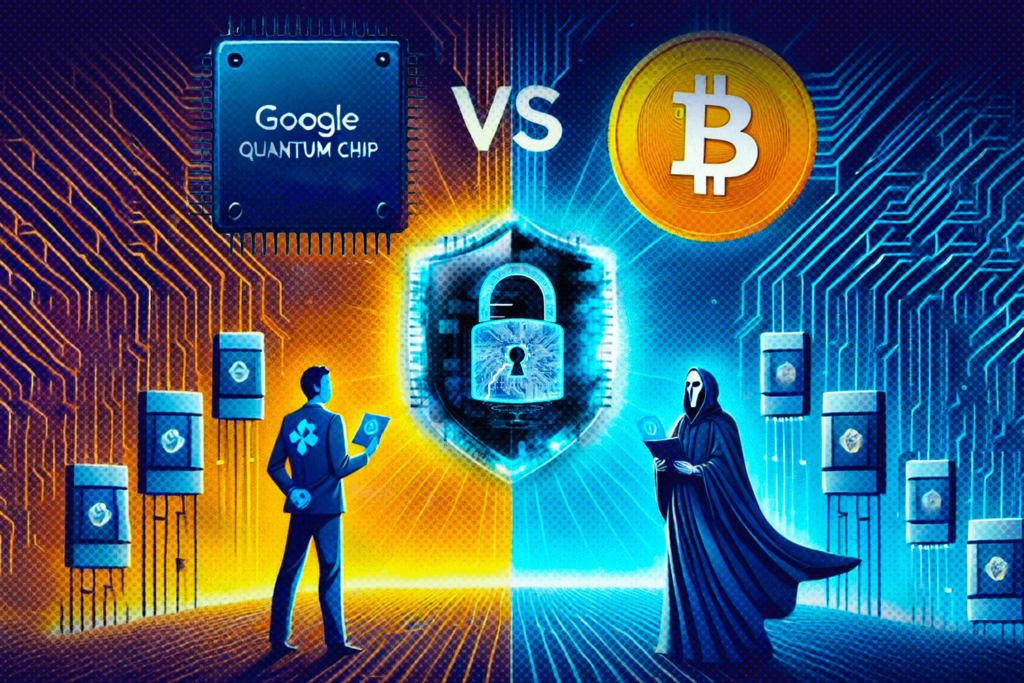Summary
In a landmark move for European banking, BBVA has rolled out 24/7 Bitcoin and Ether trading for its retail customers in Spain. This innovation makes BBVA the first major Spanish bank to integrate full round-the-clock cryptocurrency access into its mobile banking app — enabling users to buy, sell, and custody digital assets without leaving the banking ecosystem.

Why This Move Is Significant
BBVA’s decision marks one of the earliest large-scale applications of the European Union’s new Markets in Crypto-Assets (MiCA) regulation. By offering regulated crypto services directly in its banking app, BBVA is bridging the traditional finance world and the evolving landscape of digital assets. Retail users who previously needed external exchanges can now transact within the familiar environment of their bank account.
Unlike many traditional institutions that are tentative about crypto, BBVA’s rollout signals confidence in crypto’s mainstream potential. The bank isn’t providing investment advice — it’s offering the rails, under a regulated framework, for users to transact securely.
How It Works
BBVA integrates cryptocurrency trading and custody into its existing mobile app, using the same infrastructural backbone that handles foreign exchange (FX) operations. Customers can execute trades and hold BTC or ETH directly from their accounts. The system is powered by SGX FX, which provides pricing, aggregation, and risk management tools compatible with banking infrastructure.
Because crypto access is built into the bank’s architecture, customers enjoy seamless settlement, integrated tax reporting, and euro-rail on-ramps — all within a regulated environment. The custody of private keys is also handled by the bank, avoiding reliance on external wallets.
What’s Driving the Adoption?
- Regulatory Clarity via MiCA
With MiCA in force, BBVA’s launch is backed by legal certainty. The bank secured regulatory approval from Spain’s securities watchdog before launching, paving the way for broader adoption of banking-integrated crypto services. - Retail Demand & Market Expectation
As cryptocurrencies mature, more users expect their financial institutions to provide direct access. BBVA’s move caters to that expectation, removing friction from on-ramp and custody processes. - First-Mover Competitive Edge
By pioneering 24/7 crypto access in Spain, BBVA differentiates itself from competitors who are still exploring blockchain. Early adoption may yield durable loyalty and brand loyalty for digital finance services. - Scalable Integration Model
The use of SGX FX allows BBVA to deploy crypto functionality without overhauling its core banking stack. This approach lowers implementation risk and speeds up rollout.

Impacts on BBVA & Market Sentiment
Following the announcement, BBVA’s stock performance surged, reflecting investor optimism about its digital transformation strategy. The move into crypto is viewed as more than a novelty — it’s a bet on the future of banking.
With BBVA setting the bar high, other European banks will likely feel pressure to follow. Institutions like KBC, Deutsche Bank, and others that have expressed interest in blockchain will need to accelerate their crypto roadmaps to stay relevant.
Risks & Challenges to Monitor
Even with regulatory support, BBVA faces challenges:
- Volatility & User Risk
Crypto markets are volatile. Users must understand that price swings can be severe, even in a regulated environment. - Custody & Security
Holding private keys centrally creates a security responsibility. Any breach or mismanagement could damage trust. - Regulatory Evolution
While MiCA provides a foundation, implementation and oversight will evolve. BBVA must stay agile as rules change. - Execution & Scale
Rolling out 24/7 services to a broad customer base across app stability, liquidity, and user education is no small task.
What This Means for Customers & Crypto Users
For Spanish users, this development brings several benefits:
- Ease & Convenience
No need to use separate exchanges — trades, custody, and crypto control live within their bank app. - Trust & Regulation
For users hesitant about crypto, having a trusted bank as custodian reduces perceived risk. - Increased Access
More people may experiment with crypto knowing they don’t need external wallets or complex setups. - Potential for Expansion
As trust builds, more users and features (tokenized assets, more coins) may roll out.
Final Thoughts
BBVA’s integration of 24/7 crypto trading and custody puts it at the forefront of European banking innovation. By combining banking infrastructure, regulatory compliance, and digital asset access, BBVA signals its readiness to lead in the era of crypto integration.
While challenges remain — especially around security and regulation — this move marks a fundamental shift: traditional banks are no longer optional bridges to crypto; they may become core platforms for decentralized finance.
Read more: Quarterly Options Expiry Challenges Bitcoin and Ethereum with Over $14 Billion at Risk



